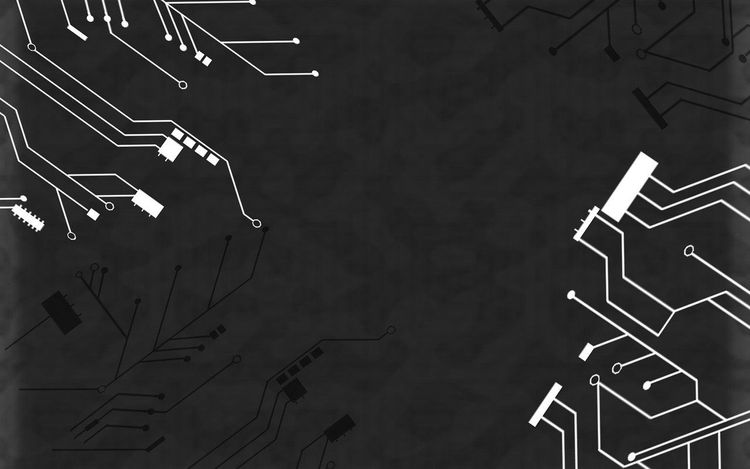Tim Goltser and Curtis Mason have a long history of collaboration, dating back to their high school days when they co-captained the robotics team. In college, they joined forces with Sean Doherty, whom Mason met during his undergraduate studies at Boston University, to create “Hang,” an app designed for scheduling social gatherings.
By 2022, Goltser, Mason, and Doherty felt inspired to embark on another entrepreneurial journey. After exploring various ideas, they identified a significant gap in the market: resources to aid small businesses in securing U.S. government contracts.
“The federal contracting sector has experienced a decline in small business participation over the past decade,” Doherty explained. “These companies struggle to compete against industry giants like Lockheed Martin and Northrop Grumman. Additionally, the costs associated with bidding for contracts can drain their resources — a failed bid might leave them financially vulnerable.”
The complex nature of the federal contracting system, coupled with extensive documentation requirements, makes the bidding process lengthy and challenging. According to Doherty, it typically takes several weeks to navigate, and companies with greater resources often emerge victorious.
A 2023 survey by Setscale, a startup specializing in purchase order financing, revealed that small business owners listed inadequate cash flow, limited working capital, and insufficient time and resources as their primary obstacles when seeking government contracts.
To address these challenges, Goltser, Mason, and Doherty founded GovDash, an innovative platform designed to streamline the government contract acquisition, proposal development, and management processes. The company was accepted into Y Combinator in 2022, prompting Goltser to leave college to take the lead on this venture.
GovDash functions as a contract proposal generator, automatically locating contracts that may be relevant to businesses. The platform reads the requests for proposals and utilizes generative AI to craft tailored proposals.
According to Doherty, GovDash can sift through solicitation documents to pinpoint requirements, desired formats, evaluation criteria, and submission deadlines. It also identifies contracts that a business may qualify for, sending timely alerts to users' selected inboxes.
“When a contractor responds to a government solicitation, they can use GovDash to generate a proposal in a fraction of the time,” Doherty noted.
Still, it’s important to recognize that generative AI can make errors. So, what assurance do businesses have that GovDash will maintain accuracy?
Doherty cites two key factors:
1. GovDash employs a system that cross-verifies business information to assess relevance to specific federal contracts. If the system determines there’s insufficient relevancy, it prompts businesses to elaborate on their proposals.
2. Human oversight plays a critical role in the process. At every stage of proposal generation, the platform incorporates input from a human reviewer to ensure quality control.
While acknowledging that these mechanisms aren't foolproof, Doherty believes they outperform many competitors' offerings.
“Companies now have a singular platform where their business development data flows smoothly, powered by an AI agent that automates tedious tasks,” Doherty asserted. “This significantly benefits the C-suite, enabling them to submit more high-quality proposals in less time while automating the associated workflows.”
The competitive landscape for GovDash is rapidly evolving.
GovDash competes with Govly, which enables companies to evaluate, search, and analyze government contracting requirements across various sources. More recently, Hazel has emerged, aiming to leverage AI for automating government contract discovery, drafting, and compliance. Notably, both firms share Y Combinator backing, highlighting the trend among competitors.
Nevertheless, Doherty insists that GovDash is well-equipped for growth.
Having secured $12 million from investors including Northzone and Y Combinator, with a recent $10 million Series A funding round, GovDash plans to expand its engineering team, recruit additional federal proposal managers, and enhance its platform's capabilities.
Currently based in New York with a six-member team, GovDash serves approximately 30 federal contractors across the country and is “nearly” cash-flow positive.
“We’re committed to building a sustainable future for our customer base,” Doherty concluded. “[We’re] well-capitalized for future market opportunities.”







